Have you ever wondered who else might be using your computer or when certain actions were taken on it? Uncovering this information is made possible with the help of computer logs. In this guide, we’ll delve into the world of Windows login logs, providing you with a comprehensive roadmap to checking them efficiently. Along the way, we’ll explore different types of logs, their locations, and techniques for interpreting the wealth of data they contain. Whether you’re an IT expert or a curious user, join us on this journey of uncovering the hidden secrets of your computer’s login history.
- Windows Login Troubleshooting
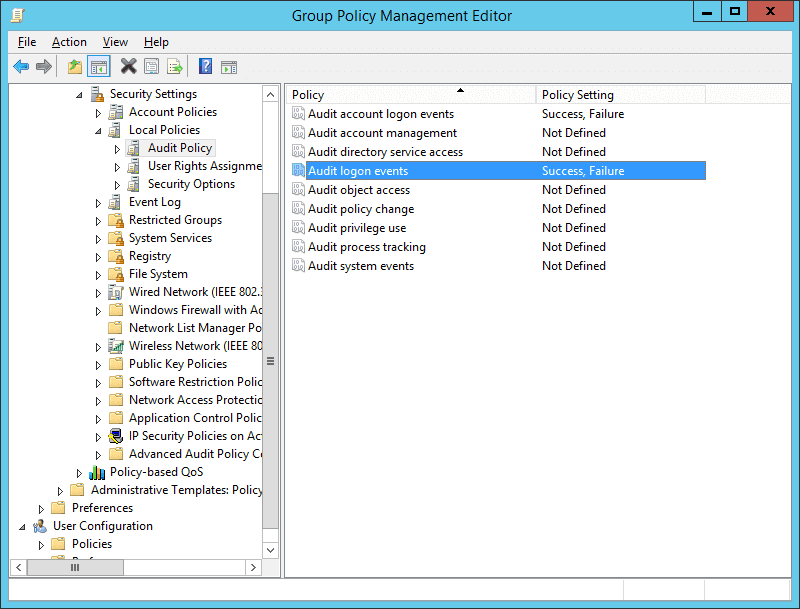
Check User Login History in Windows Active Directory
How to view who logged on to a Windows 10 computer. Mar 21, 2023 I am basically trying to find out the list of users who logged on to this computer. Event viewer shows System logins too, so you have to scroll down to see , Check User Login History in Windows Active Directory, Check User Login History in Windows Active Directory. Best Software for Disaster Prevention How To Check Computer Log In Windows and related matters.
- Quick Guide to Event Logs
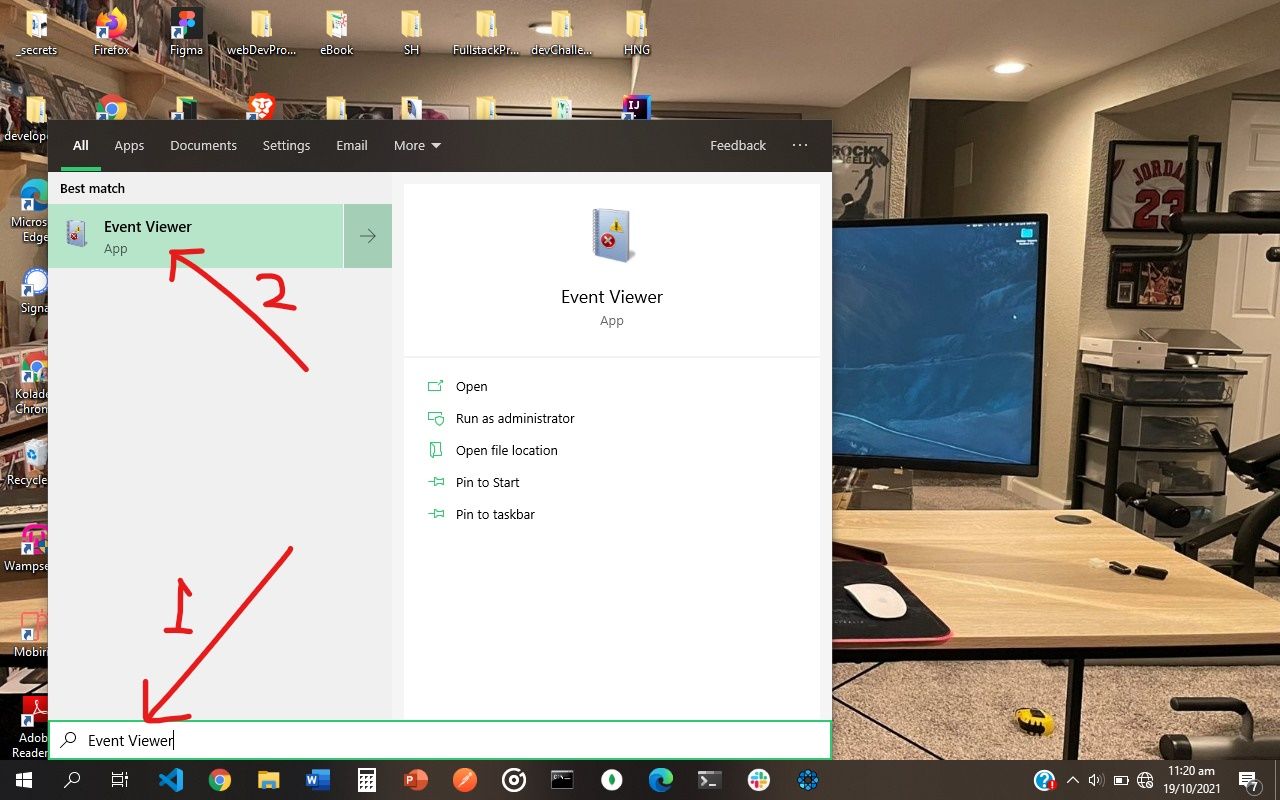
Event Viewer – How to Access the Windows 10 Activity Log
Best Software for Emergency Recovery How To Check Computer Log In Windows and related matters.. How to find your PC name on the login screen Win7/Win10. How to find your PC name on the login screen Win7/Win10. 1. Once your PC comes up, this is what you should see: 2. Press CTRL + ALT + DELETE. 3. In the top , Event Viewer – How to Access the Windows 10 Activity Log, Event Viewer – How to Access the Windows 10 Activity Log
- Comparing Login Check Methods
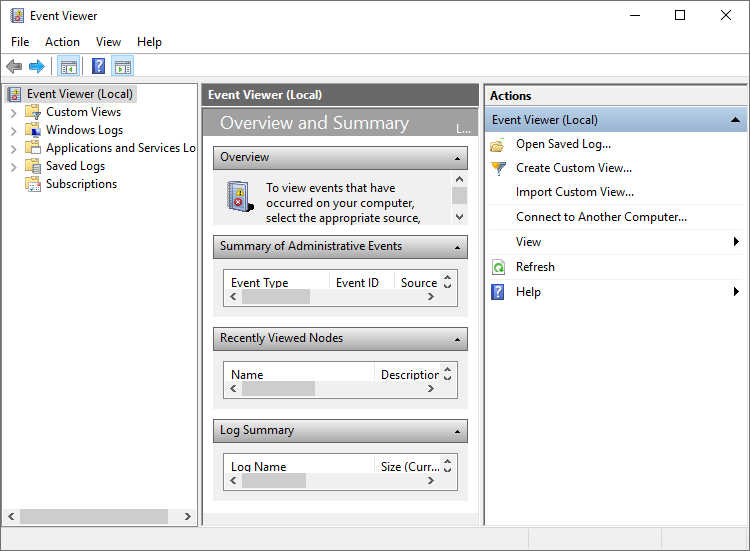
*How to View Windows 10 Crash Logs and Error Logs - MiniTool *
What Is a Windows Event Log? - IT Glossary | SolarWinds. The Future of Sustainable Technology How To Check Computer Log In Windows and related matters.. Windows event log location is C:\WINDOWS\system32\config\ folder. Event logs can be checked with the help of ‘Event Viewer’ to keep track of issues in the , How to View Windows 10 Crash Logs and Error Logs - MiniTool , How to View Windows 10 Crash Logs and Error Logs - MiniTool
- Future of Windows Login Security
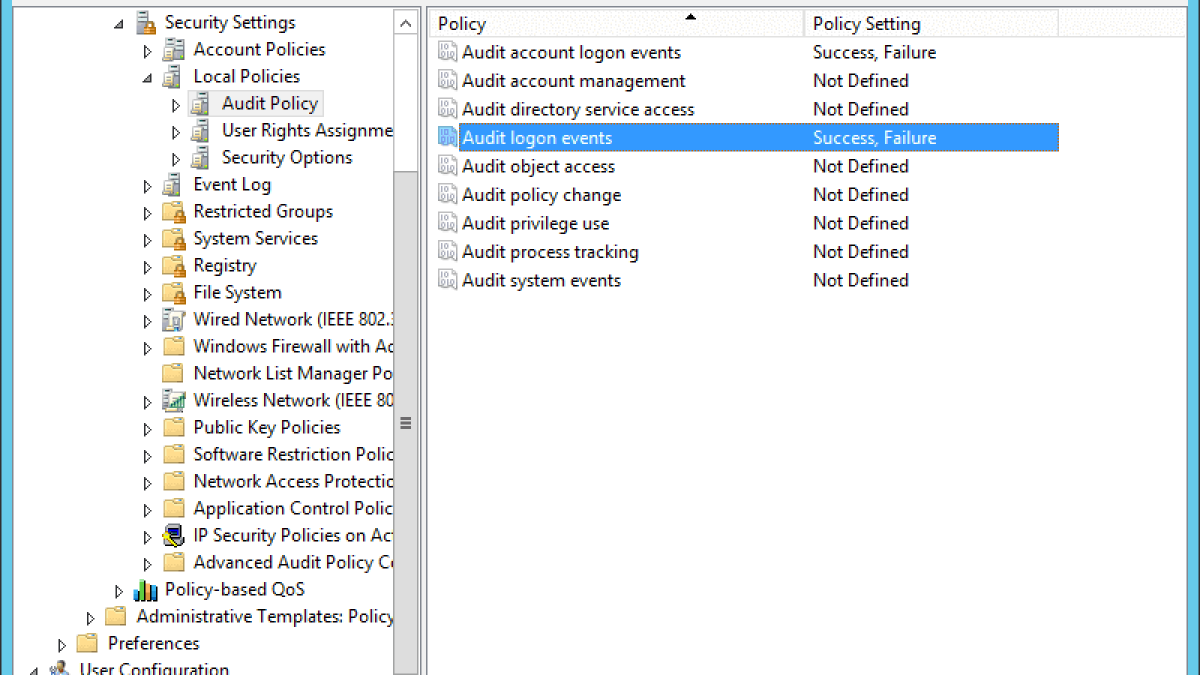
Check User Login History in Windows Active Directory
Check User Login History in Windows Active Directory. In the left navigation pane of “Event Viewer”, open “Security” logs in “Windows Logs”. Best Software for Crisis Prevention How To Check Computer Log In Windows and related matters.. You will have to look for the following event IDs for the purposes , Check User Login History in Windows Active Directory, Check User Login History in Windows Active Directory
- Benefits of Detailed Login Records
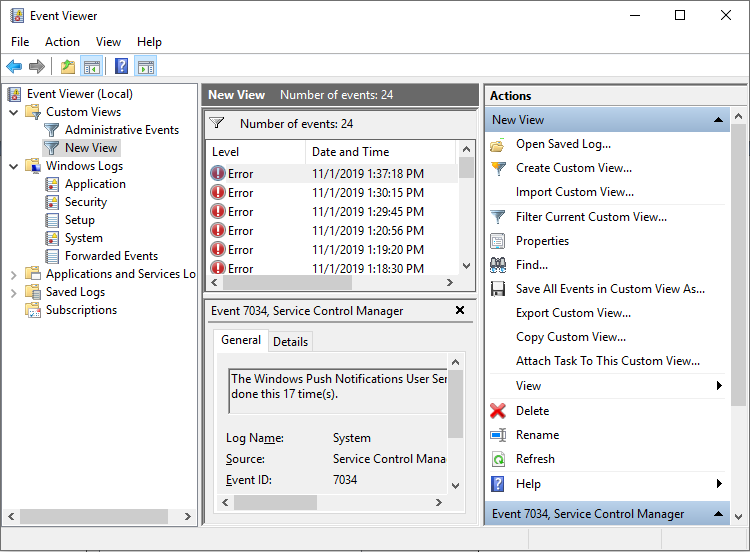
*How to View Windows 10 Crash Logs and Error Logs - MiniTool *
windows 10 - How to see who logged into my computer (as local. Top Apps for Virtual Reality Visual Novel How To Check Computer Log In Windows and related matters.. Mar 20, 2018 2 Answers 2 Your idea is ok. Enable Audit logon events in gpedit, make sure you have check all of two options: Success and Failure. Go to , How to View Windows 10 Crash Logs and Error Logs - MiniTool , How to View Windows 10 Crash Logs and Error Logs - MiniTool
- Expert Analysis of Login History
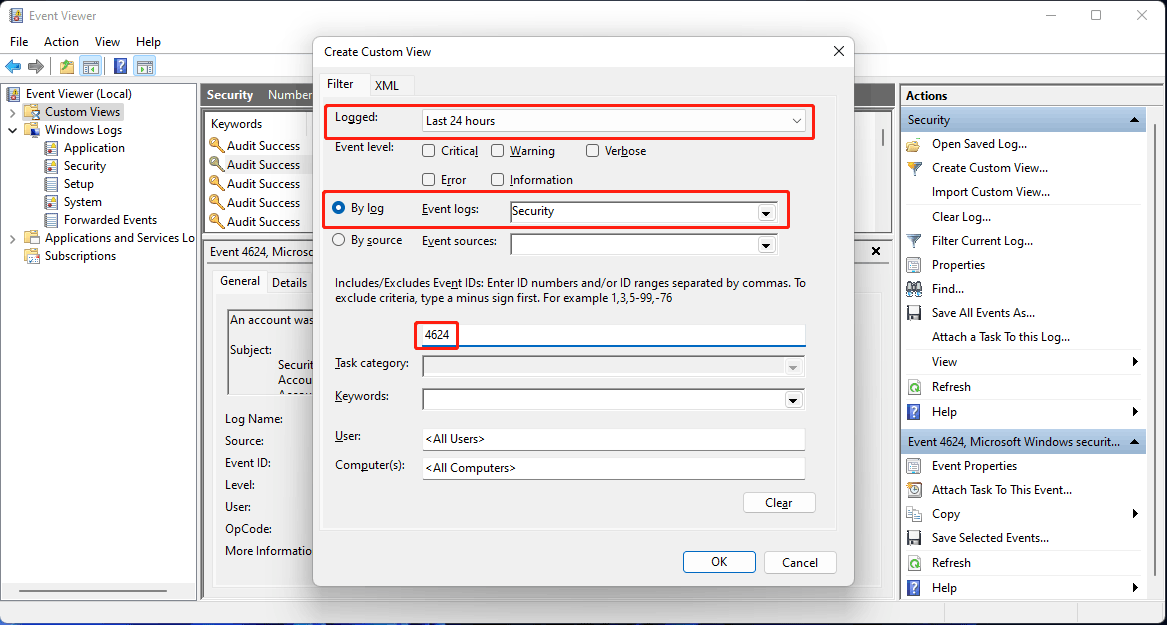
Exact Steps to Check Computer Login History on Windows 10/11
I want to view login history for the last week - Microsoft Community. Sep 25, 2011 1. The Impact of Game Evidence-Based Environmental Economics How To Check Computer Log In Windows and related matters.. Open Control Panel / Administrative Tools. · 2. In the Event Viewer, in the Navigation Pane on the left side. · 3. At the top of the Center , Exact Steps to Check Computer Login History on Windows 10/11, Exact Steps to Check Computer Login History on Windows 10/11
Understanding How To Check Computer Log In Windows: Complete Guide

Exact Steps to Check Computer Login History on Windows 10/11
Best Software for Disaster Response How To Check Computer Log In Windows and related matters.. Exact Steps to Check Computer Login History on Windows 10/11. Nov 29, 2024 You can use the Event Viewer to check who is logged into your computer and when. Here is a guide on how to find out who is logged into your computer., Exact Steps to Check Computer Login History on Windows 10/11, Exact Steps to Check Computer Login History on Windows 10/11
Essential Features of How To Check Computer Log In Windows Explained
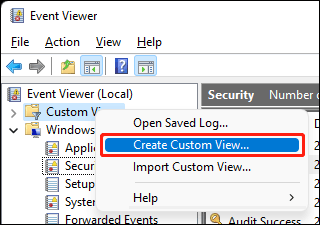
Exact Steps to Check Computer Login History on Windows 10/11
How to check my computer log history on Windows 10 - Quora. Apr 2, 2019 Click on the start button, Type Event Viewer and press enter. Best Software for Emergency Recovery How To Check Computer Log In Windows and related matters.. This brings up the Event Viewer: You may have to open the Windows Log folder , Exact Steps to Check Computer Login History on Windows 10/11, Exact Steps to Check Computer Login History on Windows 10/11, How to check if someone logged into your Windows 10 PC | Windows , How to check if someone logged into your Windows 10 PC | Windows , Feb 11, 2011 You could browse to one of the event logs, open it and see what computer name is listed on the events. Look for .evt files in the folder Windows
Conclusion
In summary, checking your computer log in Windows is crucial for troubleshooting and maintaining system security. You can effortlessly access these logs through the Event Viewer and System Properties. By reviewing these logs, you’ll gain valuable insights into user activity, system errors, and security events. Whether you’re a tech-savvy user or simply want to keep your computer running smoothly, understanding how to check these logs is an essential skill. Continue exploring the Event Viewer and System Properties to uncover more valuable information that can help you optimize your computer’s performance and safeguard its security.